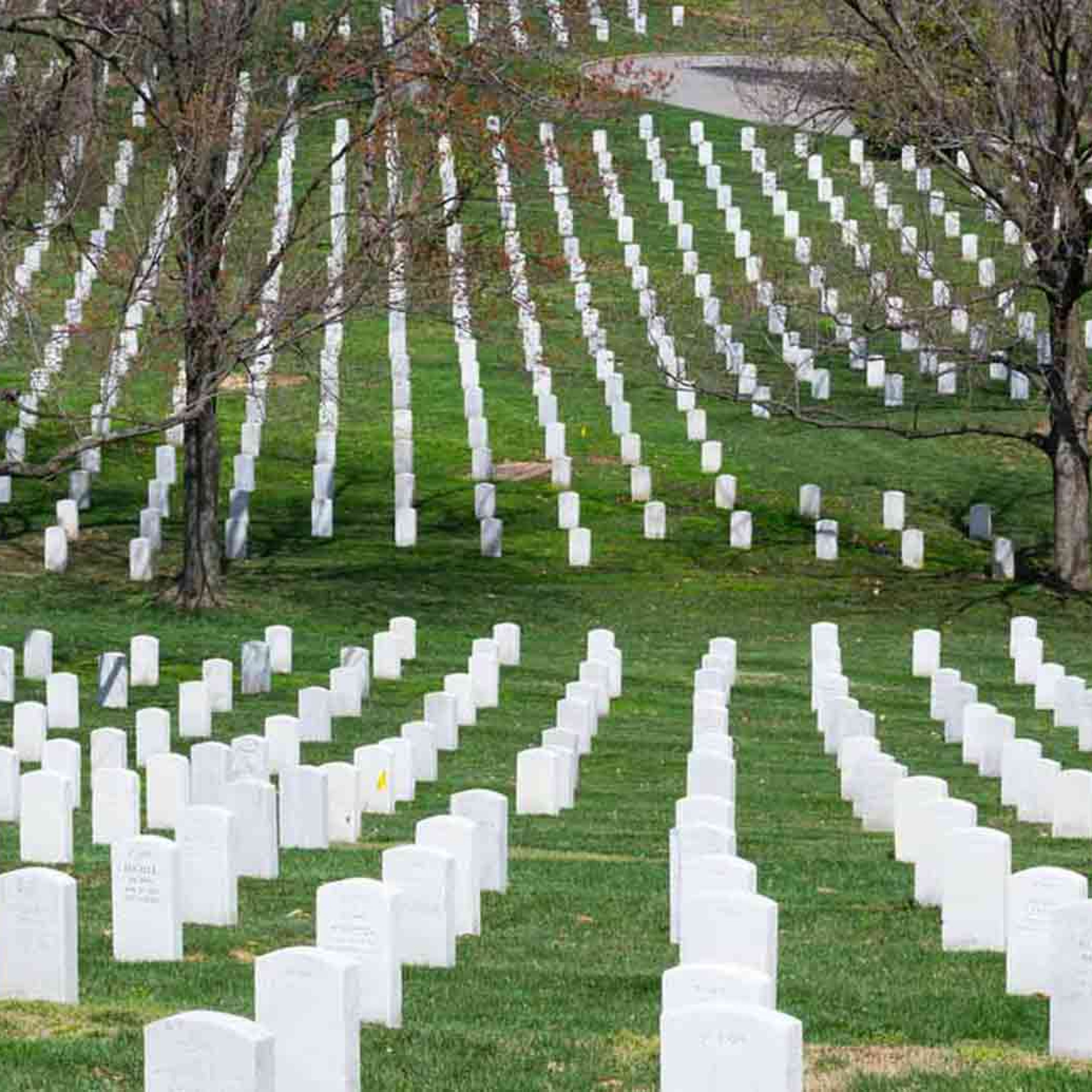Every year, near the end of May, Americans get one of those great three-day weekends. Historically marked by trips to the beach, picnics in the park, and friends and family get-togethers, Memorial Day launches the beginning of summer. This is the weekend that officially ends the winter blues, and the fun-in-the-sun begins. There’s something many of us may not know, or perhaps we don’t take the time to ponder, that Memorial Day a Day of honor, but why?
We may not fully understand the origin of this day or the gravity of its inception. But remember, we must. This day was created to honor those who died in military service and those who lost their lives while standing for what they believe, valiantly defending others.
On May 5, 1865, three years after the Civil War ended, Memorial Day was recognized as a national holiday to be observed on May 30. According to the U.S. Department of Veterans Affairs, “It is believed that date was chosen because flowers would be in bloom all over the country.”1 However, placing flowers on the graves of those who died in war—the act that started this American holiday—is one that can be traced as far back as early Greece. Soldiers have been rightfully honored throughout history.
In the United States, it is recorded that flowers being placed upon soldiers’ graves began as early as the American Revolution. But it was the end of the Civil War when loved ones from both the North and the South made their pilgrimage to the graves of those who paid the ultimate price. More than 600,000 Americans died fighting one another, the price paid was dear, and the heartbreak among those who were left was displayed in every petal laid, and every wreath that was hung.2
It was under the leadership of women amidst this war that the formal practice was enacted, their way to love those whom they had lost.3 The first widely publicized observance of a Memorial Day ritual was after the war’s end in Charleston, SC, on May 1, 1865. At least 257 Union soldiers had died and were hastily buried in unmarked graves. Freedman’s relief organizations and formerly enslaved people cleaned and landscaped the area and decorated the graves with flowers where these valiant soldiers were buried. Nearly 10,000 were in attendance on this day to commemorate the price that was paid. The crowd was comprised largely of those who had gained their freedom, including nearly 3,000 newly enrolled school students and children of those freed slaves. According to the National Museum of American History, “Scholar David Blight has christened this event the first Memorial Day: ‘What you have there is black Americans recently freed from slavery announcing to the world with their flowers, their feet, and their songs what the War had been about. What they basically were creating was the Independence Day of a Second American Revolution,’ he said in a recent speech.4
This day was created to honor those who died in military service; those who lost their lives while standing for what they believe, valiantly defending others.
As states followed suit in adopting this national holiday, the North was led by the state of Michigan. Ceremonies were planned and executed by the Women’s Relief Corps, as well as the female contingency of the Grand Army of the Republic. 73 cemeteries in the North were filled with soldiers who lost their lives, and it was the women of their communities who covered the grounds with flowers and stood by the gravesides to remember what had been given.5
In the South, too, the women took the lead. The Ladies Memorial Association covered the soldiers’ graves with the same care given, with hand-picked bouquets and gently assembled wreaths. The Daughters of the Confederacy was formed to continue honoring those they loved, those who died for what they believed in.6 Their heartache was no less painful than the wives, mothers, and daughters of the North.
Originally named “Decoration Day,” this observance of those who truly gave all so that others could be safe, protected, and free has been a day of honor—an opportunity to show that we recognize the cost. World War I and II, Korea, Vietnam, and the current wars in the Middle East have left families with men and women missing from their three-day celebrations, absent, and never to participate again.
They have fought for the rights and freedom of others, most of whom they never met. They have gained the liberty of fellow soldiers from prison camps, the remaining family members imprisoned in concentration camps, and broken the backs of dictators whose only acts were to beat down the downtrodden. They have stood against evil and often, in doing so, lost their lives.
Memorial Day is not just a day to enjoy our family, and our friends or to take a break from our everyday life. This day is to remember. This day is to honor. This day is to decorate graves in sober thankfulness for those who were willing to stand for others, no matter the cost—the epitome of grit and grace.
—
You’ll love this podcast episode from This Grit and Grace Life: Are You a Strong Woman of Grit and Grace? – 072!













